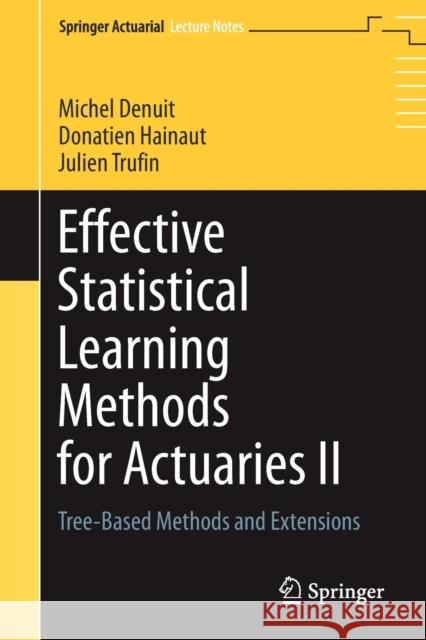Effective Statistical Learning Methods for Actuaries II: Tree-Based Methods and Extensions » książka
topmenu
Effective Statistical Learning Methods for Actuaries II: Tree-Based Methods and Extensions
ISBN-13: 9783030575557 / Angielski / Miękka / 2020 / 228 str.
Kategorie:
Kategorie BISAC:
Wydawca:
Springer
Język:
Angielski
ISBN-13:
9783030575557
Rok wydania:
2020
Wydanie:
2020
Ilość stron:
228
Waga:
0.34 kg
Wymiary:
23.39 x 15.6 x 1.3
Oprawa:
Miękka
Wolumenów:
01
Dodatkowe informacje:
Wydanie ilustrowane











